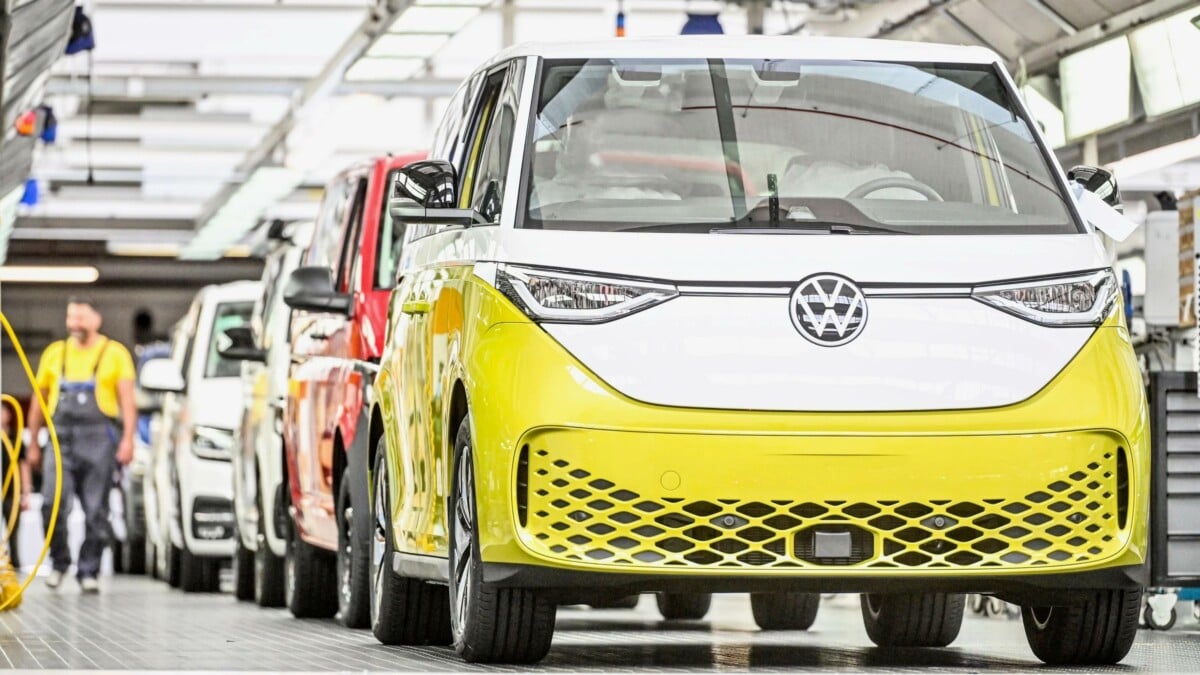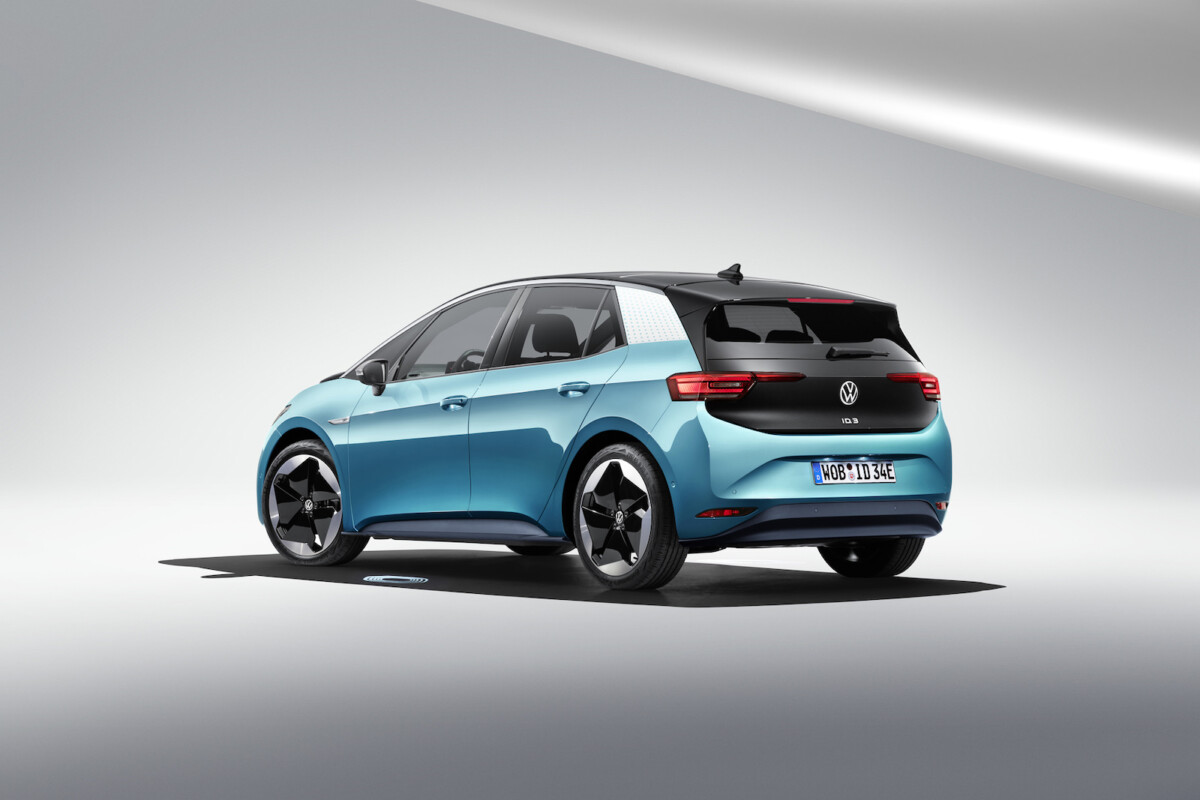The Volkswagen group announces its desire to design its own powertrains for its electric cars. And that will change a lot of things for the different brands of the German company, with enormous power available, reduced consumption, greater autonomy and faster recharging. With controlled costs.
While sales of electric cars are accelerating, to the point of overtaking diesel in France, certain points are still blocking for certain customers. This is particularly the case of autonomy but also of the price which remains high, while parity with thermal vehicles has not yet been reached. And it may not get any better as the price of lithium continues to rise.
Cost reductions
While all new cars sold in Europe will have to be electric from 2035, manufacturers are now working on solutions to make their cars more affordable. This is particularly the case of Volkswagen, which is working on a brand new strategy that should offer many advantages.
In a press release, the German group based in Wolfsburg announces that it is currently in the process of develop an all-new powertrain, which will be entirely designed by him. Because until now, the firm, which owns Volkswagen, but also Porsche, Audi, Skoda or even Seat and Cupra has called on external subcontractors and suppliers to equip its electric cars. But that is about to change, as the manufacturer set up its own battery factory in Germany this summer.

Thus, the company will manufacture the entire powertrain in-house, from batteries to electric motor, thermal management systems and inverters. These will then be compatible with the entire range of the group’s engines, from high-volume models to the most exclusive. Volkswagen then evokes motors that can reach 500 kW, which is equivalent to nearly 700 horsepower.
As a reminder, the most powerful electric model of the group is currently the Porsche Taycan, which peaks at 625 horsepower, although it can reach 761 horsepower for a few seconds in Boost mode. But this is not the only interest of this house design, which should also result in increased autonomy.
Increased range and faster charging
Indeed, Volkswagen announces in a press release “ an efficiency gain of up to 20%“, thanks in particular to a new pulse-width modulation (PWM) inverter. To put it simply, an inverter converts the direct current supplied by the battery into alternating current for the motor, in order to supply the latter to drive the wheels and move the vehicle forward.
If the manufacturer does not yet reveal all the details about this new powertrain, he explains that it will allow the cars which will be equipped with it to considerably improve their autonomy and their capacity for rapid recharging, thanks in particular to the new thermal management system. The module will then be more compact, also making it possible to reduce the costs normally generated by very long ducts and numerous fittings.

A few days ago, Ford had for example noticed that the too long cables of its Mustang Mach-E made him lose 300 dollars per vehicle. With this new engine, the German firm plans to reduce its expenses, which could result in lower prices for its cars. If it says it does not want to engage in the price war launched by Tesla with its ID.3, ID.4, ID.5 and ID. Buzz, she could still consider offering cheaper models.
This will be the case, for example, with the Volkswagen ID.2, the price of which should be around 25,000 euros. Current models should not be equipped with this new technology, although the group announces that it is compatible with the next generation of vehicles based on the MEB platform. The future restyled ID.3 could then benefit from it, as well as the next IDs. Golf, ID Tiguan and ID.7.
Want to join a community of enthusiasts? Our Discord welcomes you, it’s a place of mutual aid and passion around tech.
